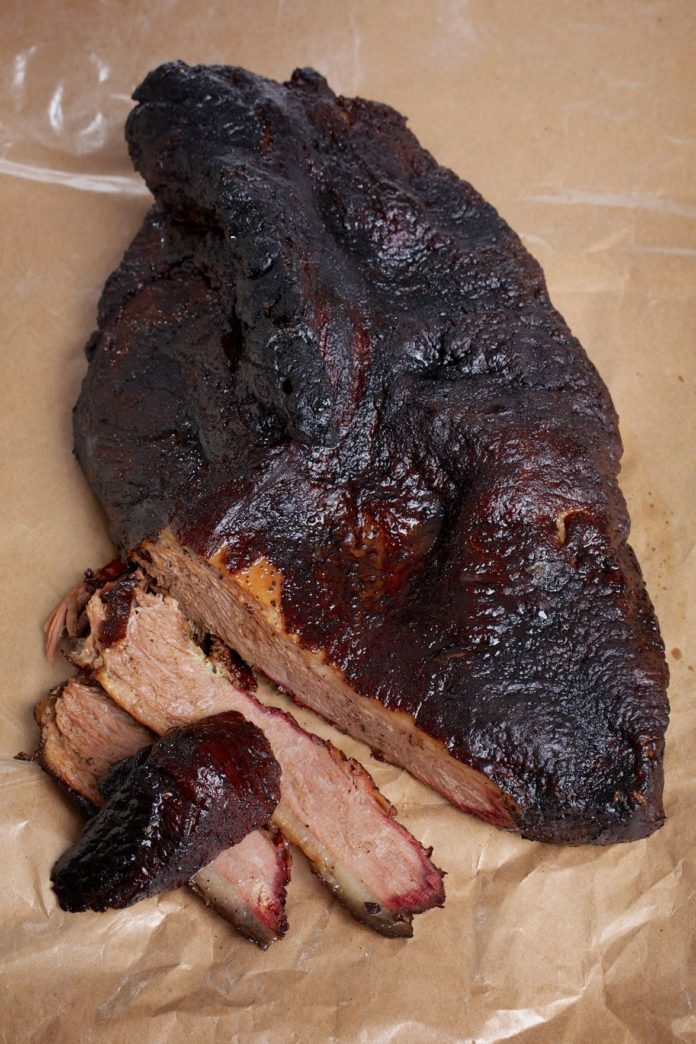Shortly after the passage of the Civil Rights Act of 1964, Anne P. Newman, an African American woman, was refused service at a restaurant named Piggie Park, part of a South Carolina chain owned by avowed segregationist Maurice Bessinger. There followed a class-action lawsuit, Newman v. Piggie Park Enterprises.
Bessinger argued, among other things, that the Civil Rights Act “contravenes the will of God” and thereby violated his constitutional right to religious freedom.
When the dust finally cleared – some aspects of the case were argued all the way to the Supreme Court – the plaintiff had scored a victory that helped the cause of civil rights on more than one front. First, the case helped to establish the concept that religious views do not trump civil rights. It also affirmed that successful plaintiffs in civil rights cases may generally recover attorneys’ fees from the defendants, a decision that discouraged defendants from dragging out litigation as a way to forestall the act’s implementation.
Years later, in 2000, when the South Carolina legislature voted to move the Confederate flag from atop the statehouse to a less prominent spot on the grounds, Bessinger responded by hoisting a Confederate flag over each of his restaurants. That led to an NAACP boycott of his mustard-based Carolina Gold sauce, with Walmart, Sam’s Club, Harris Teeter and other stores banning it from their shelves. Bessinger said the boycott cost his business $20 million.
In the 1950s and ’60s, Bessinger put signs in his store windows saying that blacks weren’t welcome, according to the State newspaper in Columbia, S.C., which also reported that he distributed pro-slavery audiotapes in his main restaurant. He ran unsuccessfully for governor and for the statehouse.
When he died in 2013, his children removed all Confederate paraphernalia from the restaurants and took down the Confederate flags. “Dad liked politics,” his son Lloyd told the State. “That’s not something we’re interested in doing. We want to serve great barbecue.”






